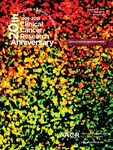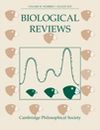A chemistry journal has issued a retraction after “a thorough and time-consuming analysis” revealed two out of four authors did not agree to submitting an article published in May, which also contains “considerable overlap and redundancy” with another paper published a few weeks prior in a different journal.
Shortly after the paper appeared in Spectrochimica Acta Part A: Molecular and Biomolecular Spectroscopy, the journal was told “that parts of the manuscript were reused” from an article in the Journal of the Taiwan Institute of Chemical Engineers that was published online March 16. That led to the investigation, and the discovery of the additional authorship issues.
Here’s the full notice: Continue reading Author dispute, “considerable overlap” retract chemistry study
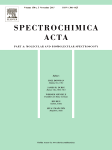

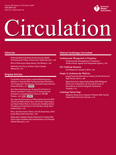 A major correction has been posted for an update to international guidelines on reporting outcomes of people receiving cardiopulmonary resuscitation (CPR).
A major correction has been posted for an update to international guidelines on reporting outcomes of people receiving cardiopulmonary resuscitation (CPR).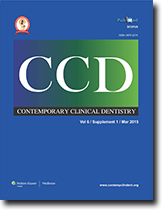 A
A 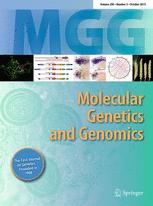 A
A 
